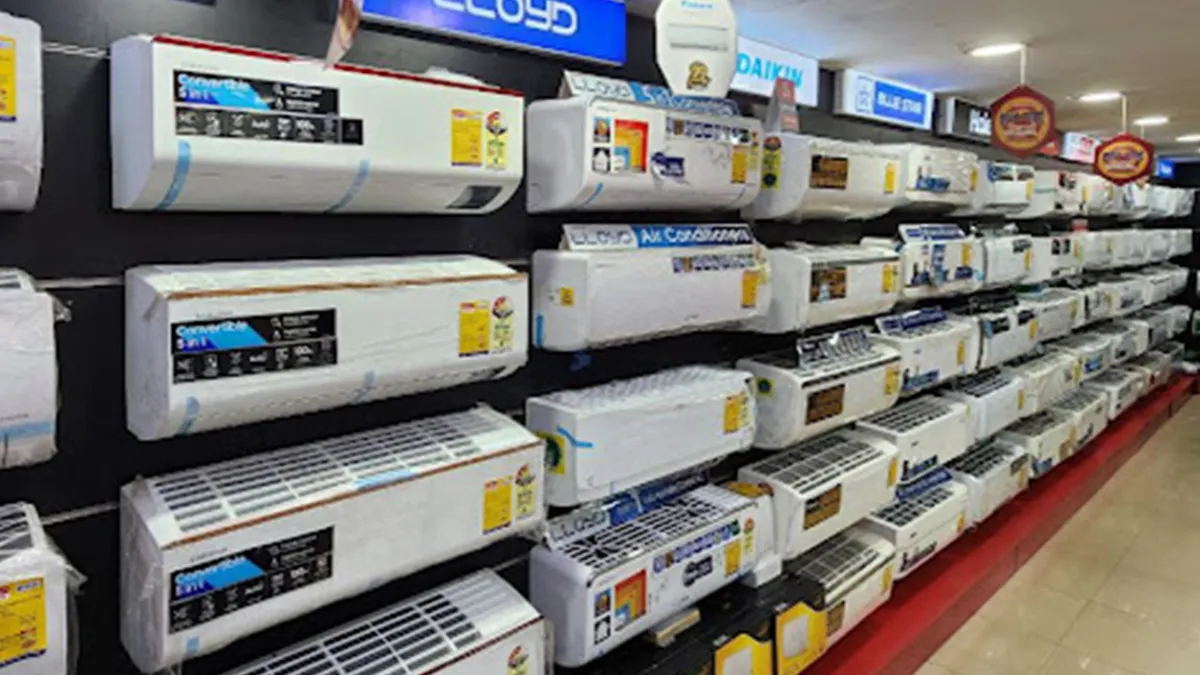Energy Efficiency Services Limited to set up an e-commerce portal to encourage the adoption of energy-efficient appliances
14 Oct 2023
News
Energy Efficiency Services Limited (EESL), a joint venture of public sector undertakings (PSU) under the Ministry of Power, will establish an e-commerce portal featuring only electric appliances with the highest efficiency ratings in order to promote the adoption of energy-efficient appliances.
Vishal Kapoor, CEO of EESL, stated at a conference on Friday that the goal of this effort is to "create demand" and persuade customers to choose electric freezers, fans, cookers and other appliances that are rated "five star and above." Spreading the word to individuals about the value of choosing energy-efficient appliances is a significant problem. In two to three years, the extra money spent on energy-efficient lighting can be recouped. Therefore, we need to raise awareness of the need of efficiency," he said at a conference hosted by the think tank NRDC India Private Limited, located in Delhi, The Energy and Resources Institute (TERI), and Climate Trends, a research-based environmental and climate consulting firm.
According to Mr. Kapoor, the platform would first be used by companies to transact among themselves before being expanded to include larger retail transactions.
The Bureau of Energy Efficiency (BEE), which has been running a "star-rating" system for electric appliances for years—with the highest-rated equipment getting "5 stars"—is connected to the EESL. For 2023, the BEE has mandated this rating for 15 appliances and made it optional for the remaining 20. But occasionally, the government decides whether to add or remove equipment from the list based on what it thinks is essential. Typically, ratings are only good for a certain amount of time. Therefore, an appliance with five stars might drop to four within a year. Appliances with more stars cost more than those with less. One of the main pillars of India's energy-security policy is increasing energy efficiency. India has pledged to increase its energy efficiency from 2.2% to 4% by the year 2030. According to the BEE, throughout the years, its grading system has stopped 300 million tonnes of CO2 emissions.
